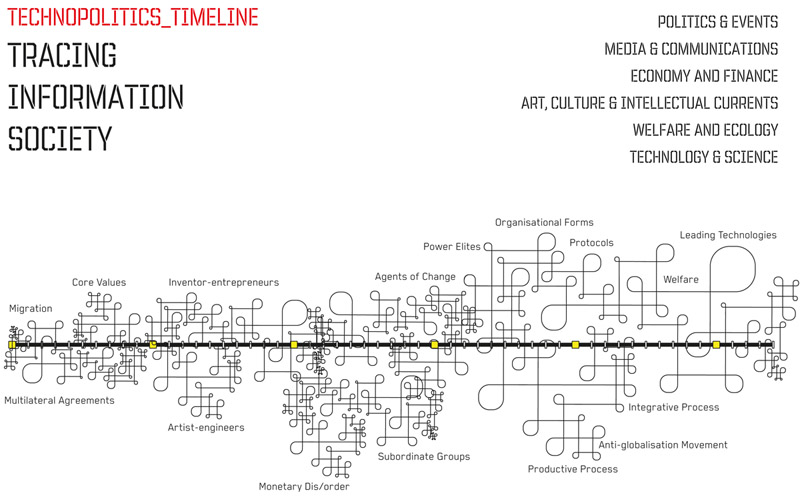Submitted by Ignacio Nieto on
Fly Freifunk Fly! (Chapter 2, part 2, draft)
Submitted by Armin Medosch on
Consume the Net: The Internationalisation of an Idea (chapter 2, part 1, draft)
Submitted by Armin Medosch on
Die post-anthropologische Kondition? (Ankündigung)
Submitted by drupaladmin on
Technopolitics
Setting Up Free2Air omnidirectional
Submitted by drupaladmin on
Draft: Farewell to GroundZero
Submitted by vortex on
Network Commons: dawn of an idea (Chapter 1, part 2 - Draft)
Submitted by Armin Medosch on
The Rise of the Network Commons, Chapter 1 (draft)
Submitted by Armin Medosch on
The Broken Mirror - Art after the dreamworld of digital utopia
Submitted by Armin Medosch on







